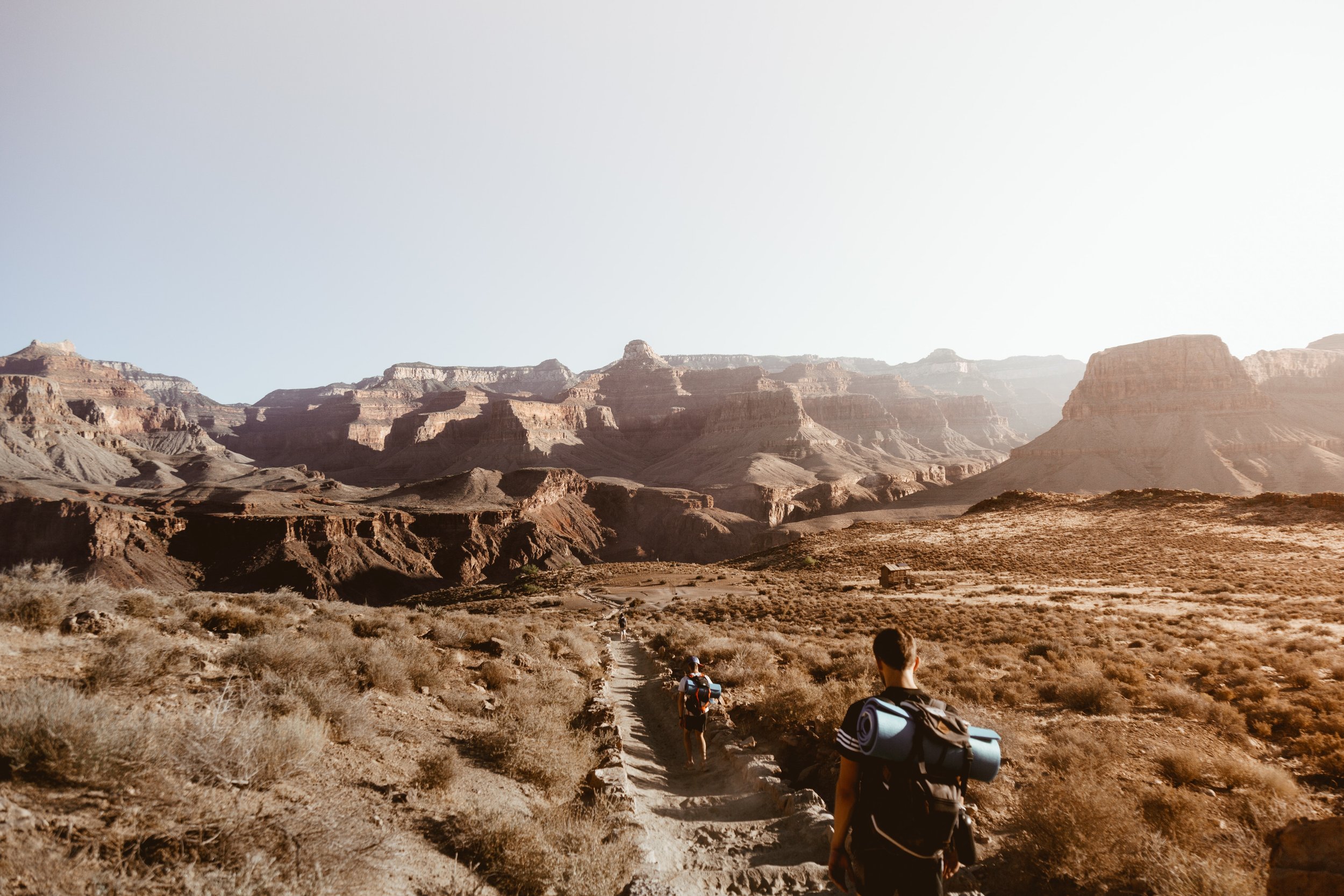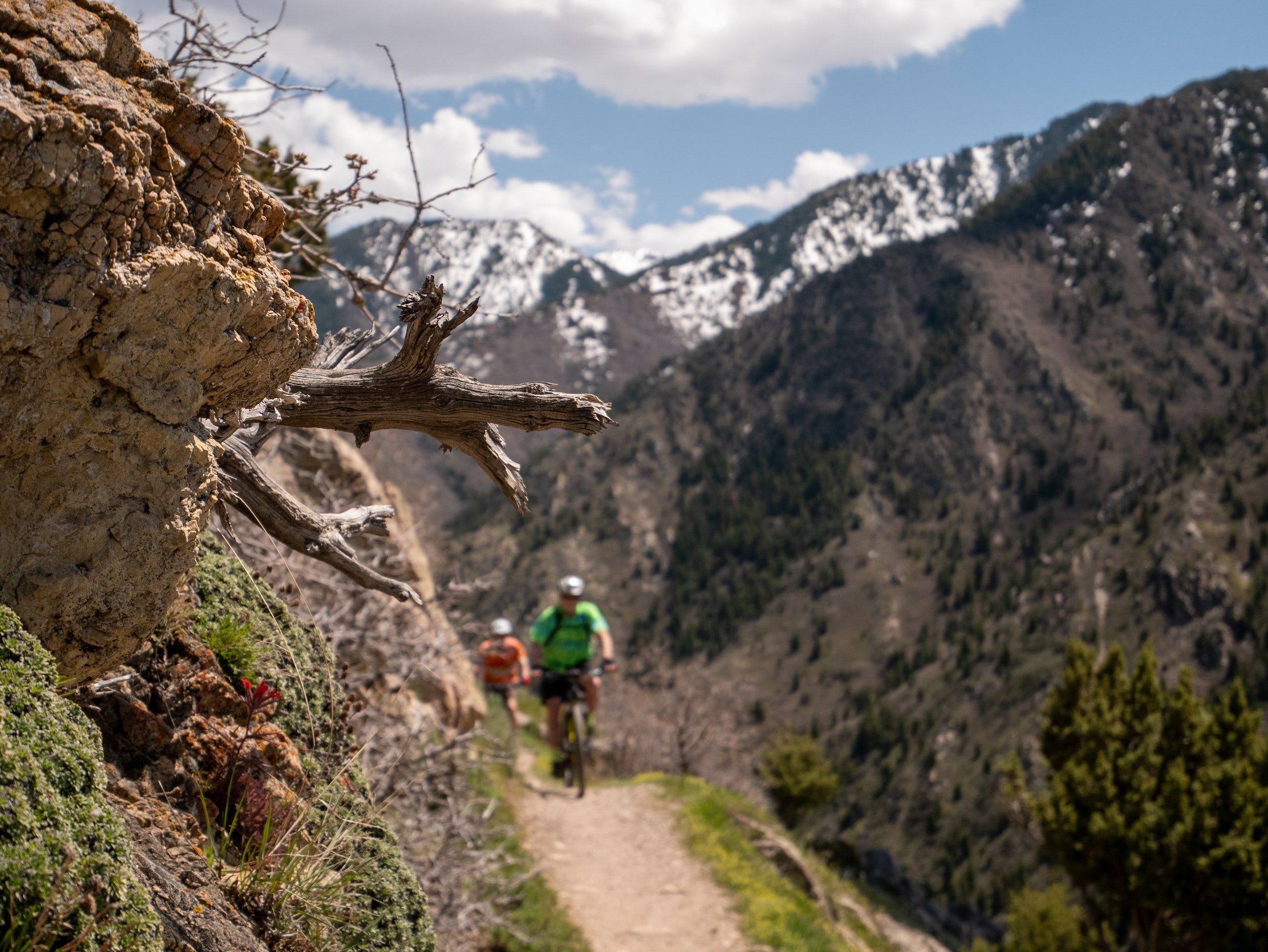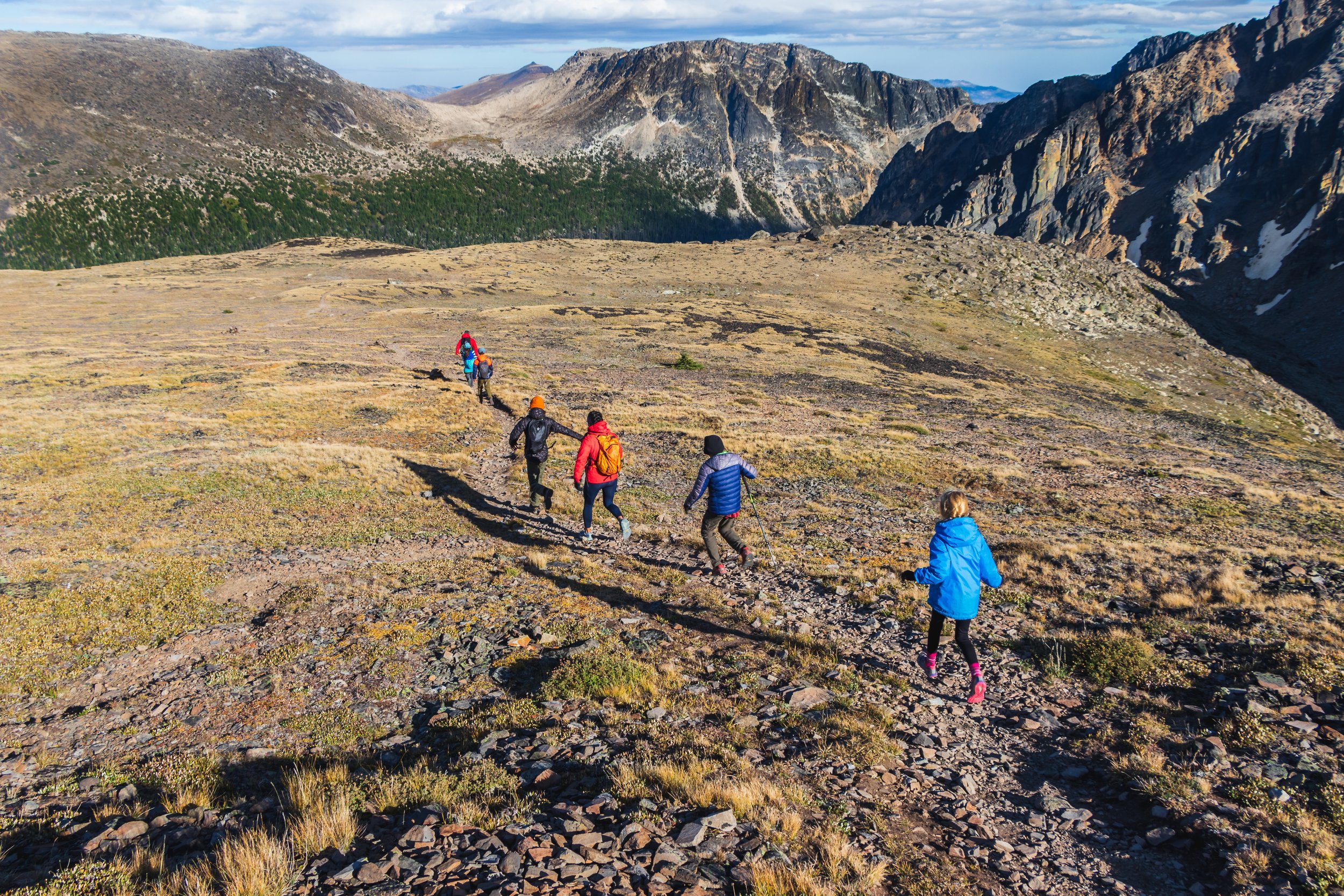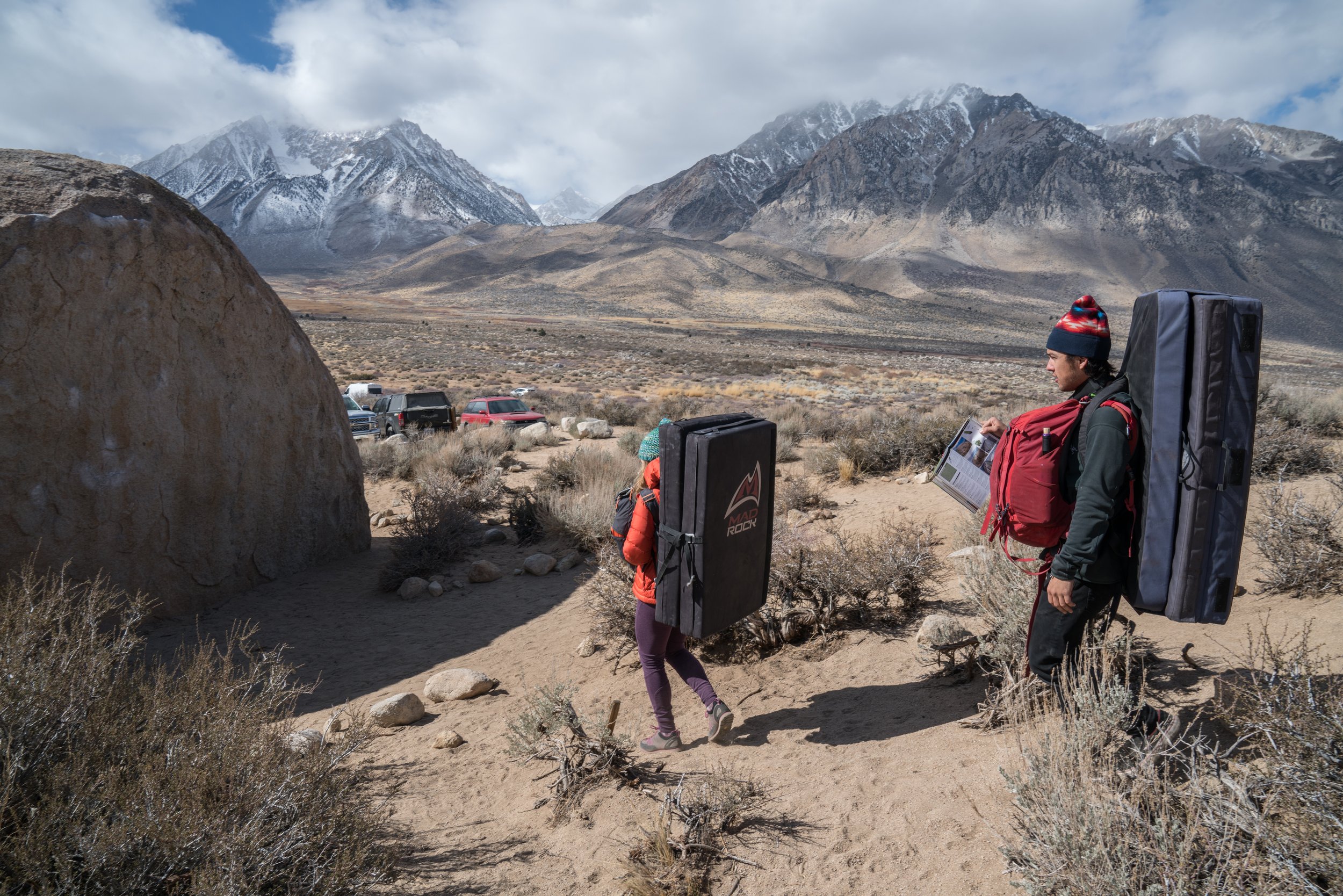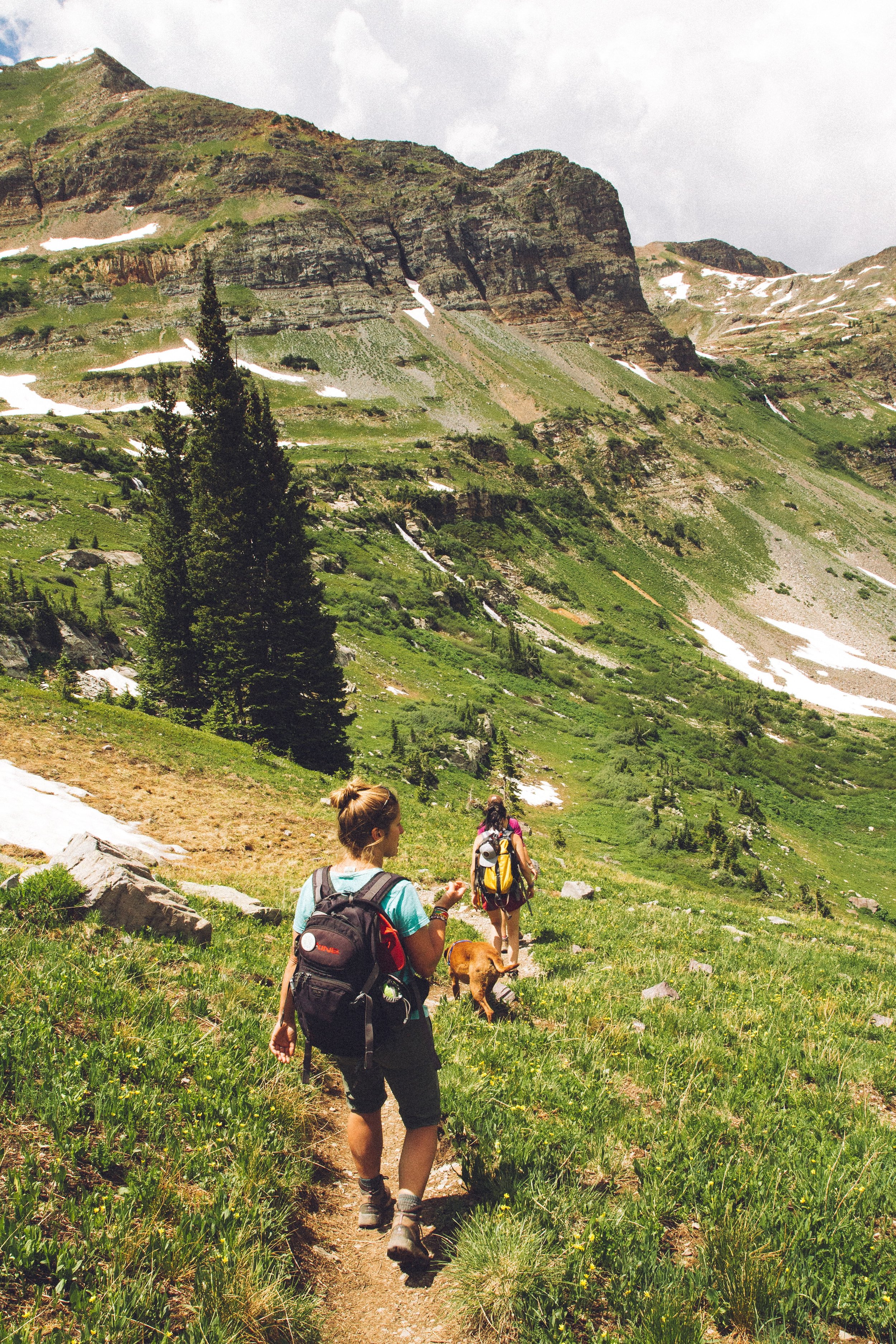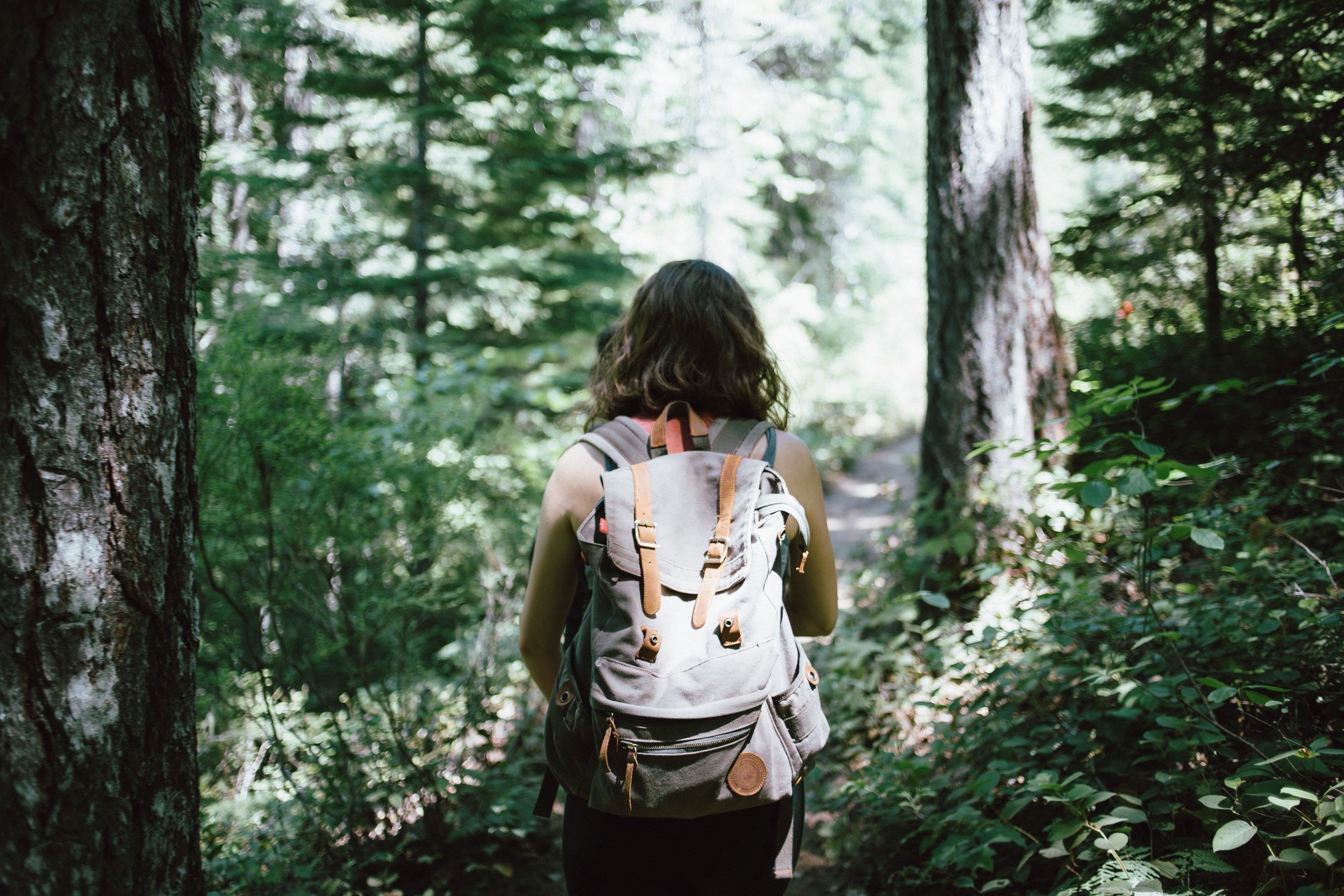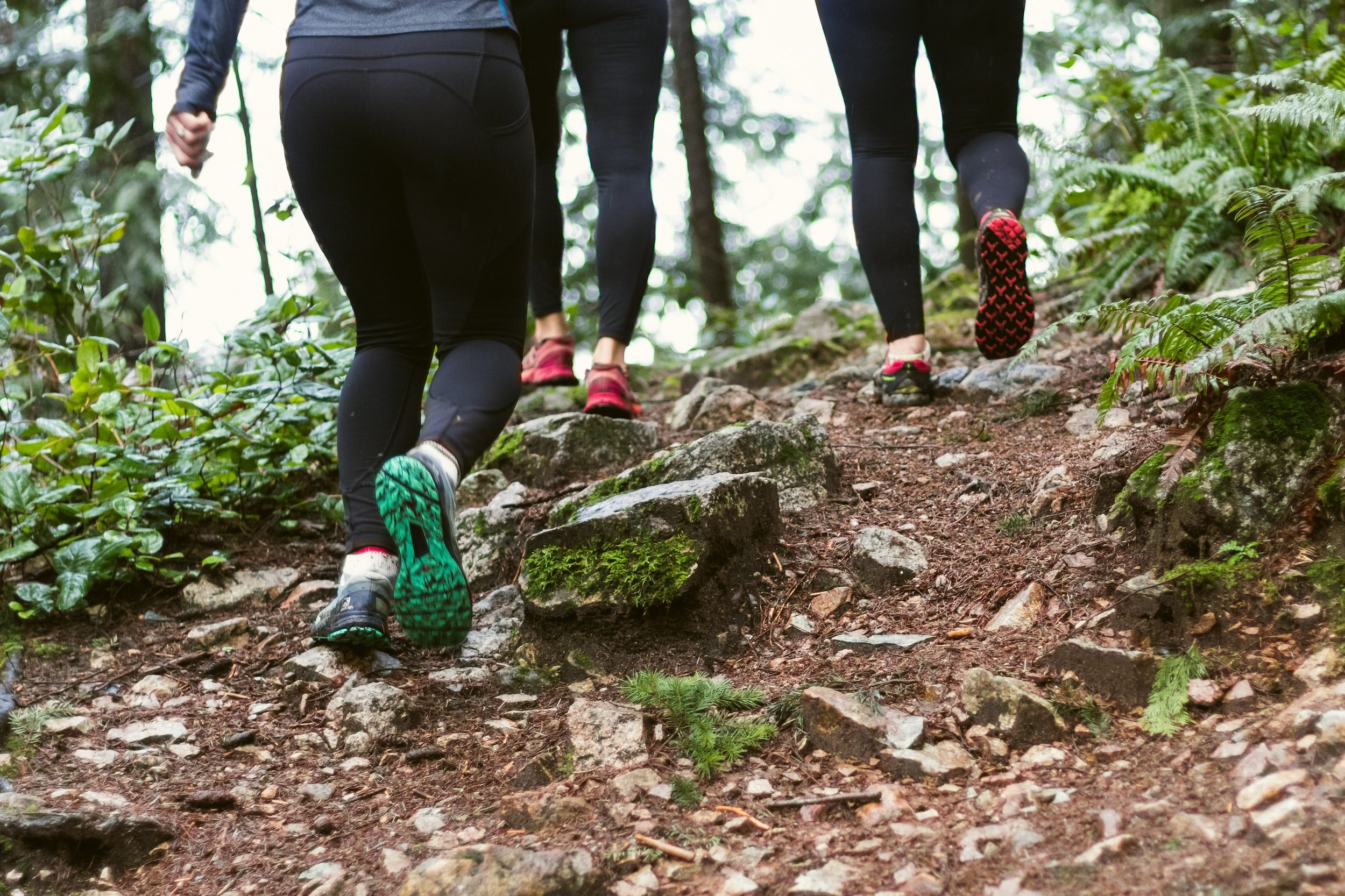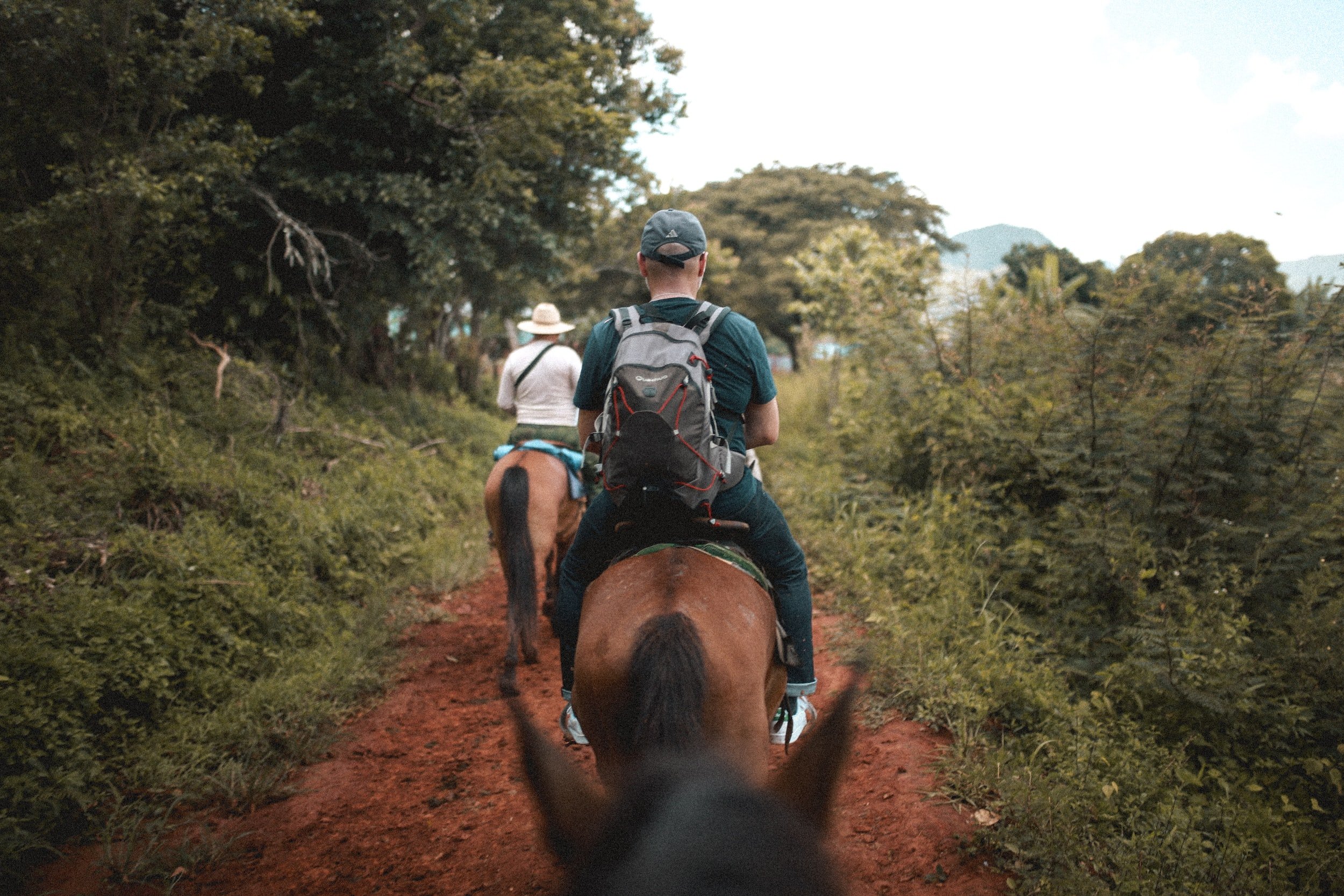6 Things Trail Builders Can Do To Support Local Enterprise Development
Trails are the hot new thing. Despite being as old as time, fresh new trails are being constructed all over the globe, including in Australia and New Zealand.
Designed and built variously for mountain biking, hiking, trail running, horse riding, or all of the above (multi-use), they can be wild, rural or urban and can traverse many different jurisdictions and landscapes. This is especially true for longer rail trails or multi-day trails (‘thru-hiking’, as it’s known in North America).
There are any number of reasons why a trail project might be initiated, but one of the biggest is economic development.
Take the town of Derby in North-East Tasmania. Once a bustling tin mining town, then a struggling ex-mining town, now a thriving mountain biking hub. The transformation has been so remarkable, someone used the term “The Derby Effect” recently. Its resurgence as an adventure destination, all pivoting around a world-class network of newly constructed mountain biking trials, has put the town on the map and given it an alternative economic future.
Lots of regional areas around Australia and further afield would love to reinvent their towns and achieve the kind of success that Derby has enjoyed. And many are setting out to do just that.
This raises two things.
Point Of Difference
The first is that with lots of new trails popping up, as well as all the old favourites, there is increasing competition to capture the trail-user market. The trail enthusiast community is certainly growing, as is the amount of visitors who simply want to incorporate outdoor recreation into their trips. But since most people’s recreational time and spending are limited, it is still a competitive market.
Besides the appeal of the trail itself, the point of difference becomes what the destination has to offer. A thriving trail epicentre, plenty of rest day options, and unique local experiences are what might just tip the balance in favour of one trail over another.
Planning And Investment
If local economic development is one of the primary reasons for building a trail, then this requires a good deal of planning, preparation, investment and support to ensure the community is well positioned and ready to take advantage of the opportunity. All of which takes time, money and dedicated resources that are in addition to the budget and resourcing required to build the trail itself.
For this, cultural and nature-based enterprises that are owned and operated by Indigenous people, local communities or conservation groups, and that espouse positive impact principles, are an incredible way to create a point of difference for your trail destination. And yep, to do it well takes planning and investment. Read on below for some tips 👇
How Trail Developers Can Support Local Enterprise Development
Here are six things trail developers and destination managers can do to support local enterprise development.
Start early and be strategic
No surprises here - it can take years to move from idea generation for an enterprise to be operational, especially if capital works are required. And if there are community-led models or place-based enterprises on Indigenous land with collective title, then this timeframe can blow out even further. You need to allow for the governance model to be worked out and for collective decision-making to take place. Be strategic by having a clear vision for what you want to achieve with your enterprise ecosystem by the time your trail launches, and put a plan and resourcing in place to support enterprise development. This might be through an incubator model or with training, mentorship, financial support, etc. Mackay Regional Council has a good example of this with its Small Business Mentoring Program as part of the Pioneer Valley Mountain Bike Trails project.
Encourage a variety of enterprises
Obviously, you need to make sure you’ve got the basics covered. Enough beds, food options, and - most importantly - good coffee and at least one bar or pub! But there’s also transport, supplies and groceries, equipment and services (hiking gear, bike parts and repairs, etc), local products, alternative recreation options, tours and workshops, wellness and fitness services, etc. Ensuring you have enough of the right stuff should be the priority, but then encouraging unique local offers will help create that all-important point of difference (take, for example, Derby’s Floating Sauna). Think about what original ways you can use to incentivise variety in your enterprise development program.
Provide extra support for Indigenous enterprises
You are going to need more than a parochial statement on websites or brochures to “encourage Indigenous people to apply/participate/get in contact/whatever”. It means a dedicated, deliberate effort to go the extra mile in supporting Indigenous people and organisations with what they tell you they need and want to get started (so don’t forget to ask them). It also means moving beyond typecasting and pigeon-holing Indigenous groups as only being the providers of guided tours or cultural experiences. Sure, this may be what they want to do, in which case, fine. But it also might not be. Indigenous enterprises may be keen to fill all kinds of commercial niches (see # 2 above).
Ensure enterprises have ‘IMPACTS’
When Ethical Republic works with Indigenous and local communities on cultural and nature-based enterprises, we use a set of design criteria that we call ‘IMPACTS’. This stands for: Inclusive, Meaningful, Profitable, Appropriate (culture + context), Community benefit, Technically feasible, and Sustainable. We also apply the lens of our Six Dimensions of Regenerative (Positive Impact) Travel when working with operators to shape their tourism products, services and experiences. To learn more about these models, get in touch.
Negotiate support for enterprise development in advance
Work out how you’re going to support enterprise development and include these costs in your trail project budget right from the beginning, so it is an integral part of the investment package. At a minimum, the resources you secure should include a dedicated coordinator role (or roles), and a structured program of support to incubate cultural and nature-based enterprises. This could include new start-ups, existing businesses that are keen to tailor new offers, or local not-for-profit organisations that are keen to start generating independent revenue through a social enterprise business model. Most of all, negotiating in advance a package of funding to deploy to local entrepreneurs as seed funding (either as grants or impact loans) will mean you can target support where it’s most needed and it will help pave the path for an enterprise network model (see # 6 below).
Create an enterprise network model
Rather than having a whole bunch of enterprises operating independently, it makes sense to create a network of enterprises that opt-in to being part of the ‘ecosystem’ that comprises the trail experience for visitors. This is much easier to do if they’ve been part of an incubator, received seed funding, or other support early on. What does this look like? You might create a group where members are actively involved in tailoring services for trail users. In exchange for ongoing support and resources (which would include marketing and promotions, preferential partnerships, etc), members might be required to pay an annual fee, which can provide an ongoing source of funding for trail maintenance. With this type of model, you can more easily coordinate campaigns and help local enterprises keep their offers dynamic and “on message”. It also means you can more easily collect data, help keep the level of service high, support continual improvement, vary the experience for visitors, and encourage peer-to-peer support amongst members.



